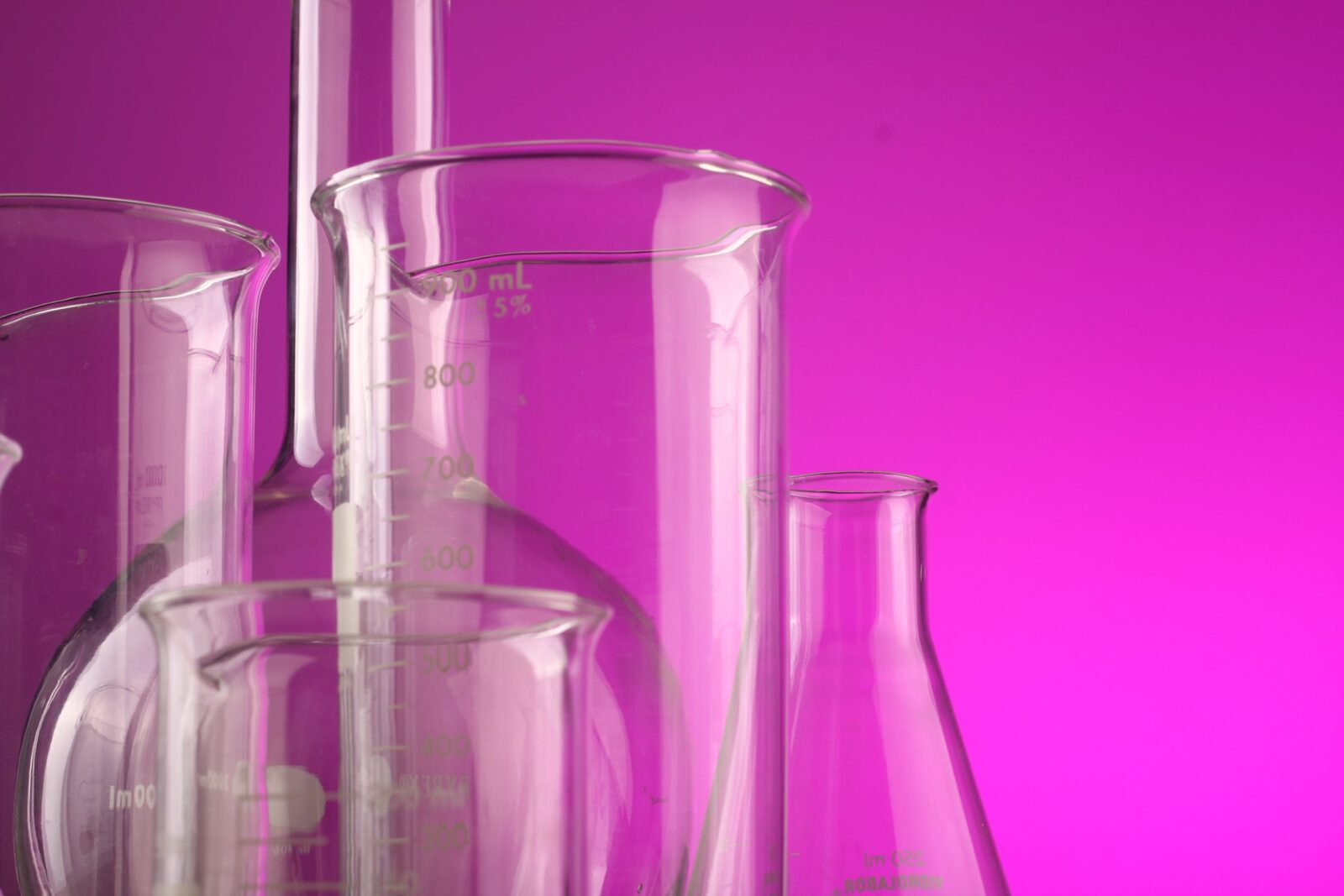The REACH legislation sets out how the European Union registers, evaluates, authorises and restricts chemicals. The sorely needed overhaul of this juggernaut of EU chemicals legislation is an opportunity to strengthen its effectiveness in protecting our health and the environment through better and earlier identification of hazardous chemicals.
Dioxins found in plastic toys – Stricter limits are required to stop toxic chemicals from reappearing in consumer products made from recycled plastic
Berlin/Brussels, 23 November 2018 – A new study, “Toxic Soup: Dioxins in Plastic Toys”, released today, shows alarming levels of very toxic brominated dioxins in eight toys and one hair clip made of recycled plastic stemming from electronic waste. Dioxin content in toys from Czechia, Germany, France, Portugal, Argentina, India and Nigeria was comparable to the levels found in previous studies in waste incineration fly ash or other industrial waste.
This alarming information was released coinciding with the meeting of the EU Competent Authorities expert group for Regulation on Persistent Organic Pollutants (POPs), which will discuss rules for recycling and definitions of wastes containing persistent organic pollutants (POPs) such as Polybrominated diphenyl ethers (PBDEs) and dioxins.
“To prevent the presence of highly toxic substances in toys, the EU and its member states have to withdraw their registration for recycling exemptions in the Stockholm Convention and introduce stricter limits for POPs in waste. We also need to get brominated dioxins listed among chemicals regulated under the Stockholm Convention,” explains Jindrich Petrlik, the main author of the study, Executive Director of Arnika – Toxics and Waste Programme, and Co-Chair of IPEN’s Dioxin, PCBs, and Waste Working Group.
Brominated dioxins are highly hazardous chemicals that are known to affect brain development, damage the immune system and unborn children, increase the risk of cancer and risk disruption of thyroid function. They occur as by-products in brominated flame retardants and as a result of incineration of brominated wastes and materials.
“Bioassay analysis of dioxin-like activity has confirmed surprisingly high toxicity of recycled plastics,” said Peter Behnisch, one of the co-authors of the study and the Director of BioDetection Systems, a laboratory based in Amsterdam, Netherlands. “To our knowledge, this is the first publicly available study to show brominated dioxins in children’s products,” added Peter Behnisch.
The consumer products analysed were bought in 7 countries on 4 continents, and had been previously analysed for the content of another group of toxic chemicals, PBDEs. The significant contamination of children’s products by dioxins ranged from 56 – 3,800 pg WHO-TEQ/g. In at least one sample from each country, values in the order of hundreds of pg WHO-TEQ/g were found, as is the case with fly ash and bottom ash from waste incinerators. It did not matter whether the toy was obtained in Latin America, South Asia, Africa or the European Union.
The highest concentration of dioxins was found in a toy purchased in Germany. It was also the only sample that exceeded Germany’s legislative limit for brominated dioxins. “But it does not mean that other toys can be considered safe. The German limit does not include all the toxic brominated dioxin congeners. As brominated dioxins are in recycled products as impurities accompanying brominated flame retardants, it would be faster to prevent their further spread by tightening the limits for PBDEs in wastes to a level of 50 mg/kg, which would insure elimination of dioxins from recycled plastics. This is the only way how to avoid toxic recycling,” said Manuel Fernandez, Chemicals Policy Officer in BUND/Friends of the Earth Germany.
“Building a non-toxic environment for children is the absolute health and economic priority of today,” said Genon Jensen, Executive Director of the Health and Environment Alliance (HEAL). “That’s why a circular economy has to contribute to health prevention, meaning hazardous substances have to be taken out of the loop and at the same time no derogation on health standards should be allowed for recycled materials.”
“Chlorinated dioxins released decades ago in the Seveso disaster and Agent Orange have caused severe public health impacts that still continue today. Brominated dioxins are as toxic as their chlorinated cousins and they clearly should not be present in any consumer product, and especially not in children’s products,” said Joe DiGangi, Senior Science and Technical Advisor of IPEN.
Advocates stress that the loophole in the current legislation is not only bad for Europe, it is bad for the developing world as well. Europe now sends 15 – 50% of its e-waste either illegally or as used electronics, with hazardous levels of brominated flame retardants, to less developed countries in Asia and Africa, where it continues to persist and contaminate in the form of recycled plastics.
The research on the Toxic Soup: Dioxins in Plastic Toys study was conducted by Arnika, IPEN, BUND and HEAL. Samples were collected in the following UN regions and countries: Czechia, France, Germany, and Portugal (European Union), Argentina (GRULAC), India (Asia Pacific Region) and Nigeria (African region) during the years 2017 and 2018.
Des déchets toxiques dans les plastiques recyclés
Deux études réalisées par des ONG européennes alertent sur la présence de substances toxiques à des niveaux élevés dans des biens de consommation fabriqués à partir de plastique recyclé
Des retardateurs de flamme bromés et des dioxines bromés ont été retrouvés dans jouets pour enfants, fabriqués à partir de déchets électroniques recyclés.
Une nouvelle étude intitulée « Soupe toxique : des dioxines dans des jouets en plastique »montre des niveaux inquiétants de dioxines bromées (PBDD/Fs) très toxiques dans huit jouets et une pince à cheveux en plastique, fabriqués à partir de déchets électroniques recyclés.
L’étude a été réalisée par les associations Arnika, International POPs Elimination Network (IPEN), Bund für Umwelt und Naturschutz Deutschland (BUND) et The Health and Environment Alliance (HEAL).
Les objets analysés qui ont été achetés dans sept pays, dont la France, présentaient des niveaux de dioxines comparables à ceux mis en évidence par des études antérieures dans des cendres d’incinérateurs ou d’autres déchets industriels.
Consultez l’étude en anglais: Toxic Soup – Dioxins in Plastic Toys


